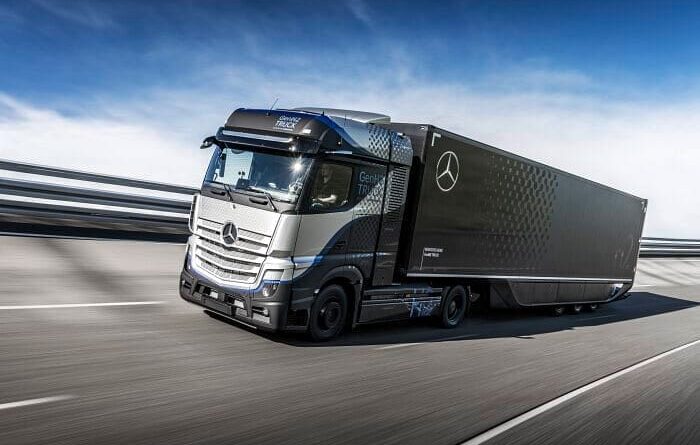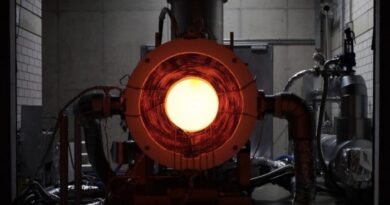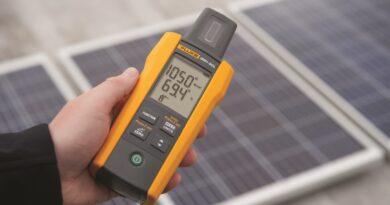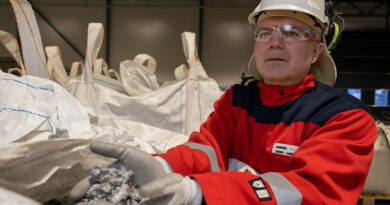Collaboration accelerates growth of platinum-based hydrogen technologies
According to the International Energy Agency, in 2022 the number of fuel cell electric vehicles (FCEVs) deployed globally increased by 40 per cent year-on-year, reaching over 72,000 vehicles. The fastest growing FCEV segment was fuel cell trucks, which increased by 60 per cent.
FCEV growth is being assisted by collaboration across the hydrogen value-chain. For example, in Europe, Toyota has joined forces with the VDL Groep (VDL) in an agreement that will see VDL convert its existing internal combustion engine heavy-duty trucks into zero-emissions FCEVs using Toyota fuel cell modules. The new FCEVs will then be used by Toyota’s logistic partners within its European logistics network.
Toyota sees significant potential in using heavy-duty FCEVs to decarbonise its logistic routes as part of its commitment to achieve full carbon-neutrality by 2040. The lower mass of platinum-based hydrogen fuel cells allows for heavier payloads versus battery electrification, and the fast refuelling of hydrogen is essential for transport with high utilisation, as a hydrogen truck can be refuelled with hydrogen as quickly as diesel.
Moreover, Toyota believes that heavy-duty FCEVs have a key role in the growth of the wider European hydrogen ecosystem, as their deployment is critical to generating a healthy supply and demand dynamic for hydrogen. In turn, this will stimulate the development of hydrogen-related infrastructure, such as refuelling stations, which are needed for broad-based consumer adoption of passenger FCEVs.
In the UK, Ford is spearheading a project to use hydrogen fuel cell technology in its E-transit model. Working with fleet operators, including on-line grocery retailer Ocado, the project will assess how hydrogen fuel cell technology can deliver more zero-emission range to heavy-use E-Transit customers travelling high mileages, with maximum loads, ancillary equipment such as chillers, and with limited charging opportunities in the working shift. BP is also collaborating with Ford, bringing its hydrogen usage and infrastructure knowledge to the table.
Hydrogen ecosystem
Based in France and aimed at European markets, HYVIA is a joint venture between Renault Group and Plug Power. It offers a vertically-integrated hydrogen ecosystem from platinum-based green hydrogen production and distribution through to the build-out of hydrogen refuelling stations, alongside a range of FCEV light commercial vehicles based on the Renault Master platform.
Meanwhile in China, Great Wall Motors’ (GWM) hydrogen energy strategy is built on a similarly integrated approach that connects upstream hydrogen storage and production activities with downstream transport solutions. GWM is attaching equal importance to commercial vehicles and passenger cars with plans to launch both a fuel-cell SUV model and a 49-ton hydrogen fuel cell truck.




